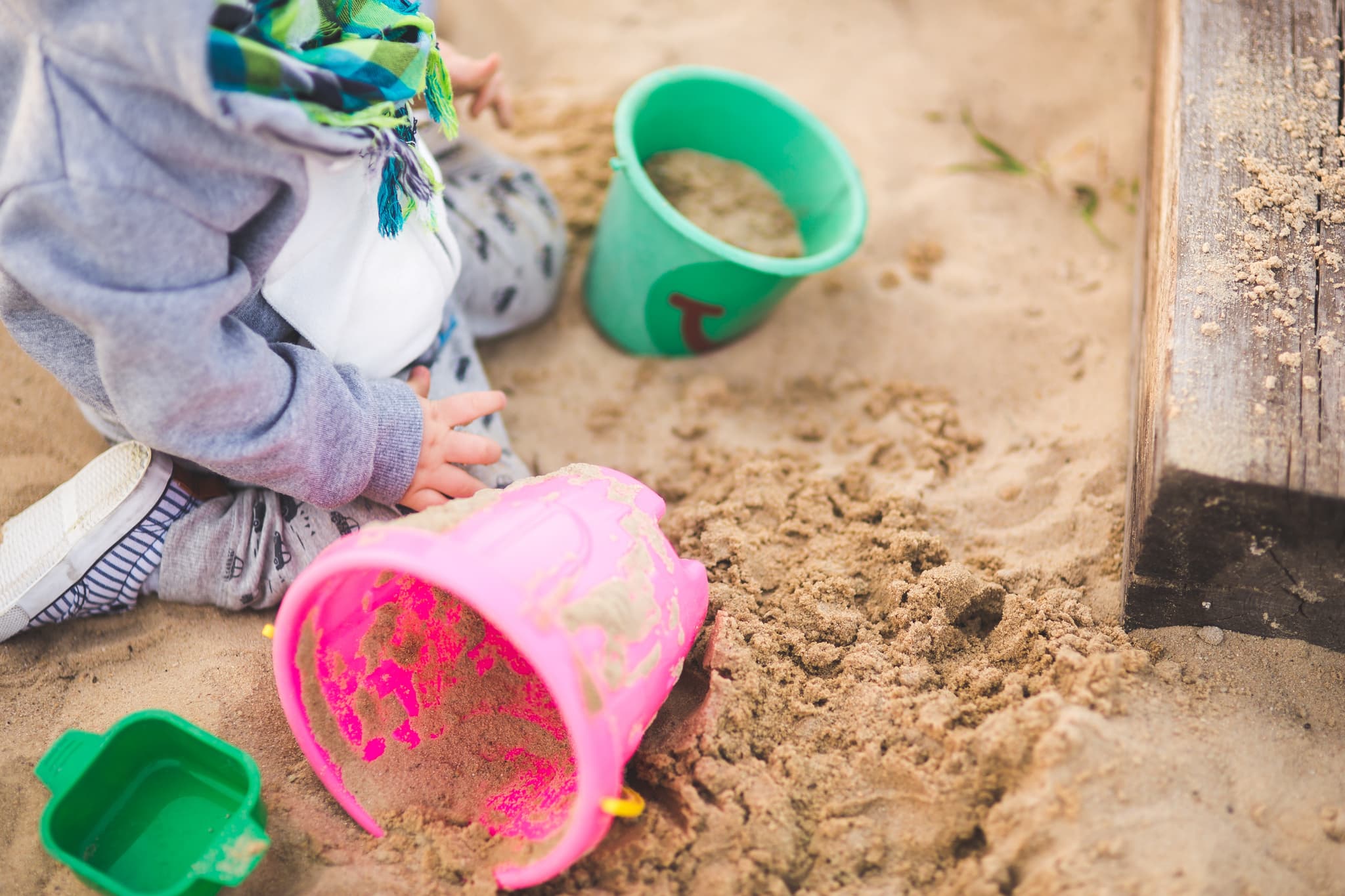Research
Understanding Children
Two years of quality teacher/child interactions predict children’s learning outcomes

Freya Lucas
Feb 11, 2019
Save
US-based researcher, Robert Carr, along with researchers from the Frank Porter Graham Child Development Institute, has found that higher quality learning environments in the years before school are associated with ongoing high levels in children’s language and literacy skills, regardless of the quality of the school-based classrooms they went on to learn in.
In contrast, in the mathematics space, children who experienced high-quality early years learning, and then went on to high-quality classrooms retained their mathematical advantage over their peers, with those who received high-quality early learning and subsequently attended average to low-quality school environments failing to retain their advantage.The study used the Classroom Assessment Scoring System, an observational measure of classroom-wide teacher–child interactions that focuses on three domains of classroom quality; instructional support, emotional support, and classroom organisation. The three dimensions were measured on a 1 to 7 scale, with scores from 1 to 2 representing low-quality, 3 to 5 representing mid-quality, and 6 to 7 representing high-quality.
The findings have implications, Mr Carr said, for the design of policies and practices relating to the alignment of curricula (such as aligning the school-based Australian Curriculum with the Early Years Learning Framework), but, perhaps more importantly for those working in early childhood education and care (ECEC), a greater focus on high-quality educator/child interactions.
“Any benefits that could result from the alignment of curricula, instruction, learning standards or assessments across grades may be enhanced in classrooms characterised by high-quality teacher–child interactions,” Mr Carr said.
The study, published in Early Childhood Research Quarterly was well received by the US education community, with Dr Richard Clifford saying the study puts forward “new insights concerning how the quality of early childhood learning environments impact child outcomes. Although we still have much left to learn in order to guide educational practice and policy making in this area, this work provides a new piece of the puzzle.”
Dr Clifford added “The field of early childhood education needs a new generation of researchers to help us unravel the complex interrelationships among the multitude of variables affecting children’s learning outcomes. Robert Carr’s recent analyses are an excellent example of what the next generation can offer.”
The study can be read in full here.
Don’t miss a thing
Related Articles



















